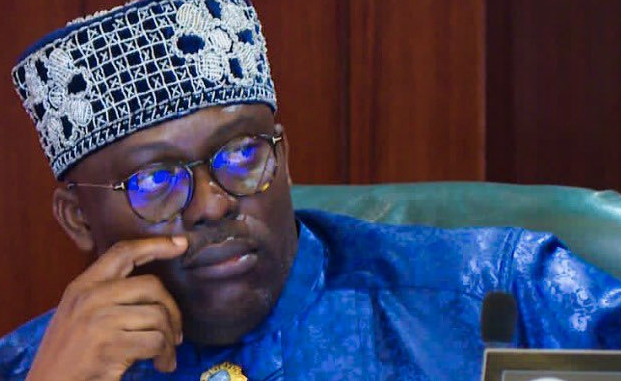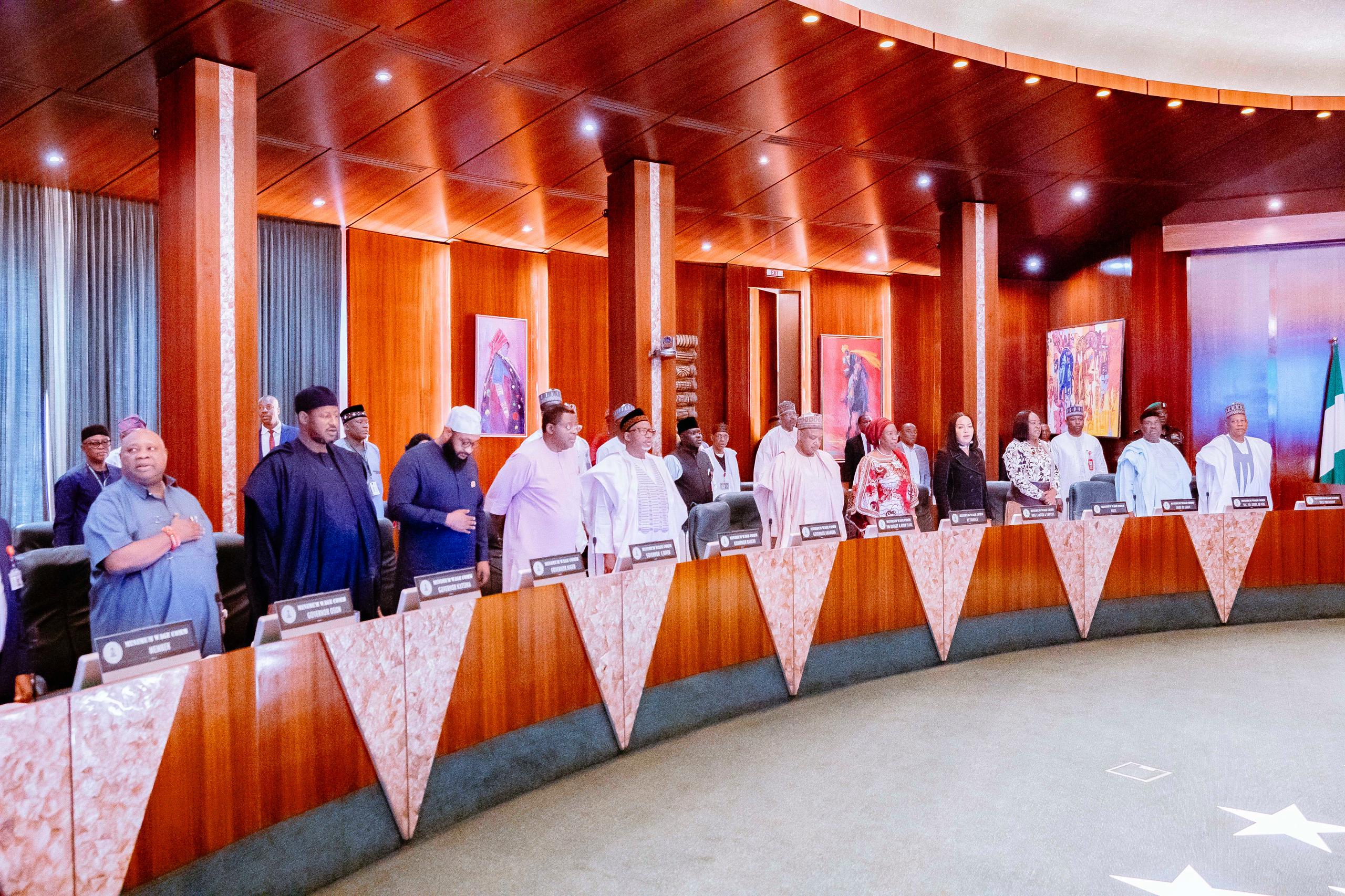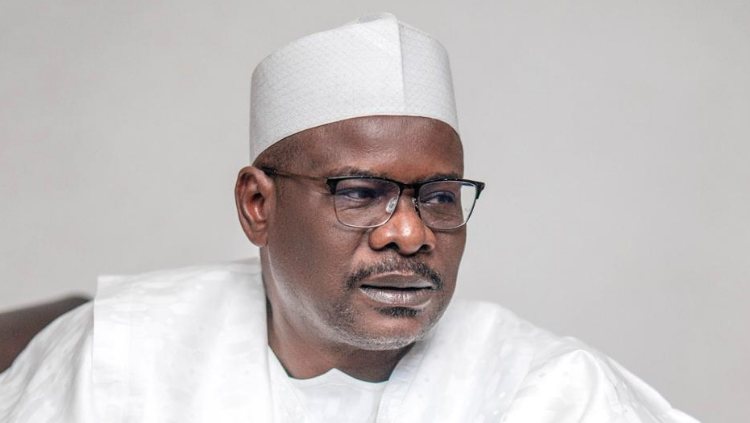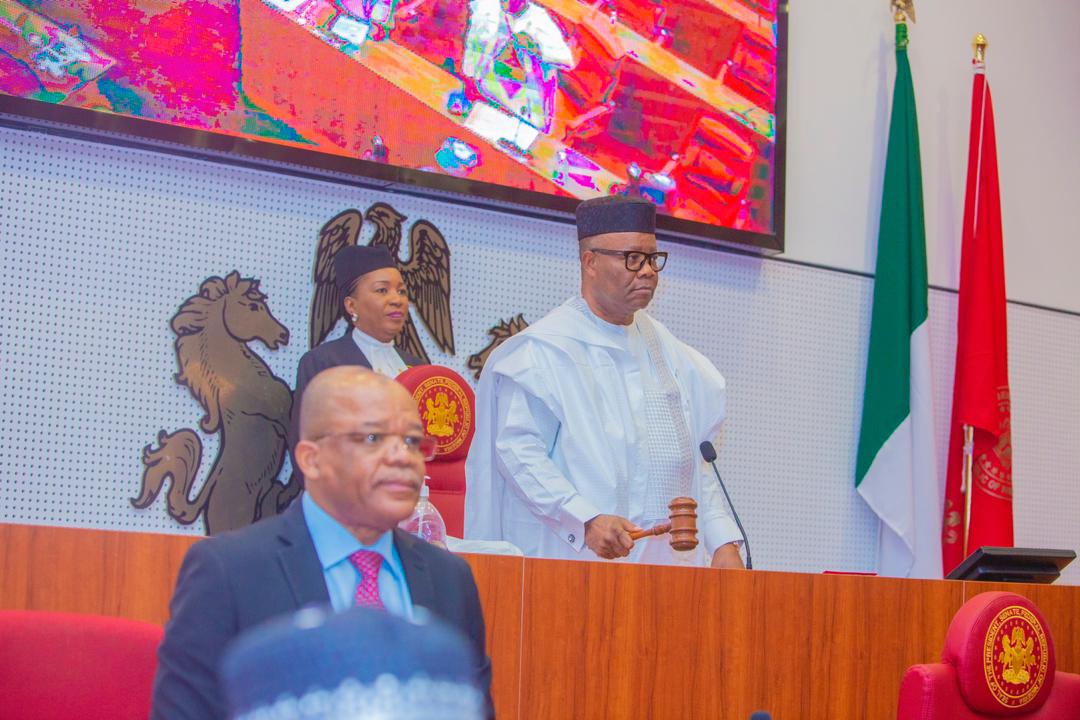Nigeria now ranks 145th out of 180 countries on Transparency International’s 2023 corruption perception index (CPI) — up five spots when juxtaposed with the previous year’s rating.
In the 2023 corruption perception index released on Tuesday, Nigeria scored 25 out of 100 points — a place above the 2022 figure.
The CPI is designed to measure “how corrupt each country’s public sector is perceived to be, according to experts and business people”.
The index ranks 180 countries by their “perceived levels of public sector corruption, scoring on a scale of 0 (highly corrupt) to 100 (very clean)”.
Advertisement
In the 2022 index, Nigeria scored 24 out of 100 points and ranked 150 out of 180 countries.
In 2021, the country scored 24 out of 100 points and ranked 154 out of 180 countries — the worst ranking under former President Muhammadu Buhari.
In the 2020 index, Nigeria scored 25 out of 100 points and ranked 149 out of the 180 countries surveyed.
Advertisement
In 2019, Nigeria was ranked 146th, 144th in 2018, 148th in 2017, 136th in 2016, and 136th in 2015.
‘NIGERIA’S WEAKNESSES’
The Civil Society Legislative Advocacy Centre (CISLAC), the national chapter of TI, said the CPI aggregates data from eight different sources that provide perceptions by experts and business people on the level of corruption in the public sector.
These sources are Bertelsmann Foundation Transformation Index, Economist Intelligence Unit Country Ratings, Global Insights Country Risk Ratings, PRS International Country Risk Guide, Varieties of Democracy Project, World Bank Country Policy and Institutional Assessment (CPIA), World Economic Forum Executive Opinion Survey (EOS), and World Justice Project Rule of Law Index.
Advertisement
CISLAC highlighted seven weaknesses of Nigeria in the fight against corruption, which are electoral corruption, judicial corruption, corruption in the security sector, opaqueness of public institutions, wasteful expenditures, reward of corrupt and questionable individuals with an appointment, and failure to prosecute high-profile cases.
The organisation called for “merit-based promotion and appointments” in the judiciary rather than political appointments.
CISLAC said the country’s electoral systems should be reformed to regain the trust of the citizens.
Advertisement
Add a comment






